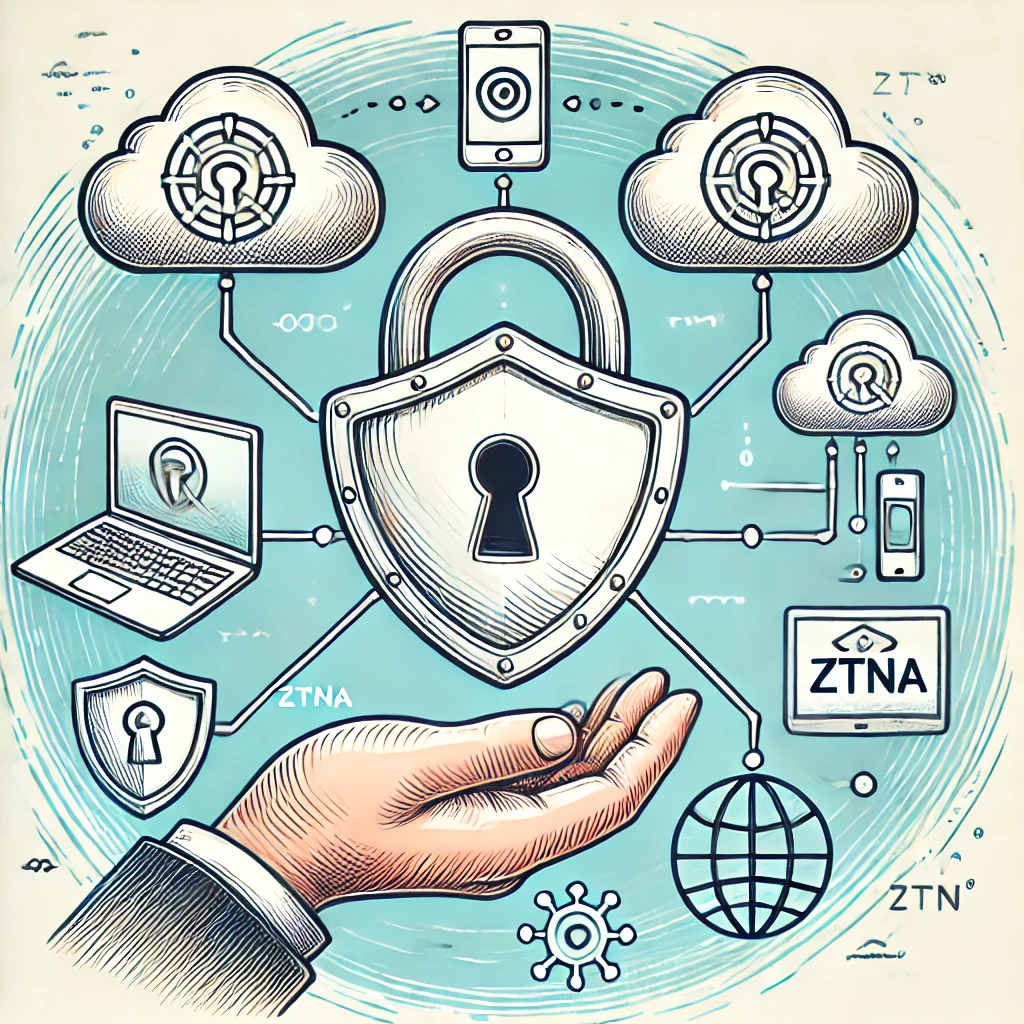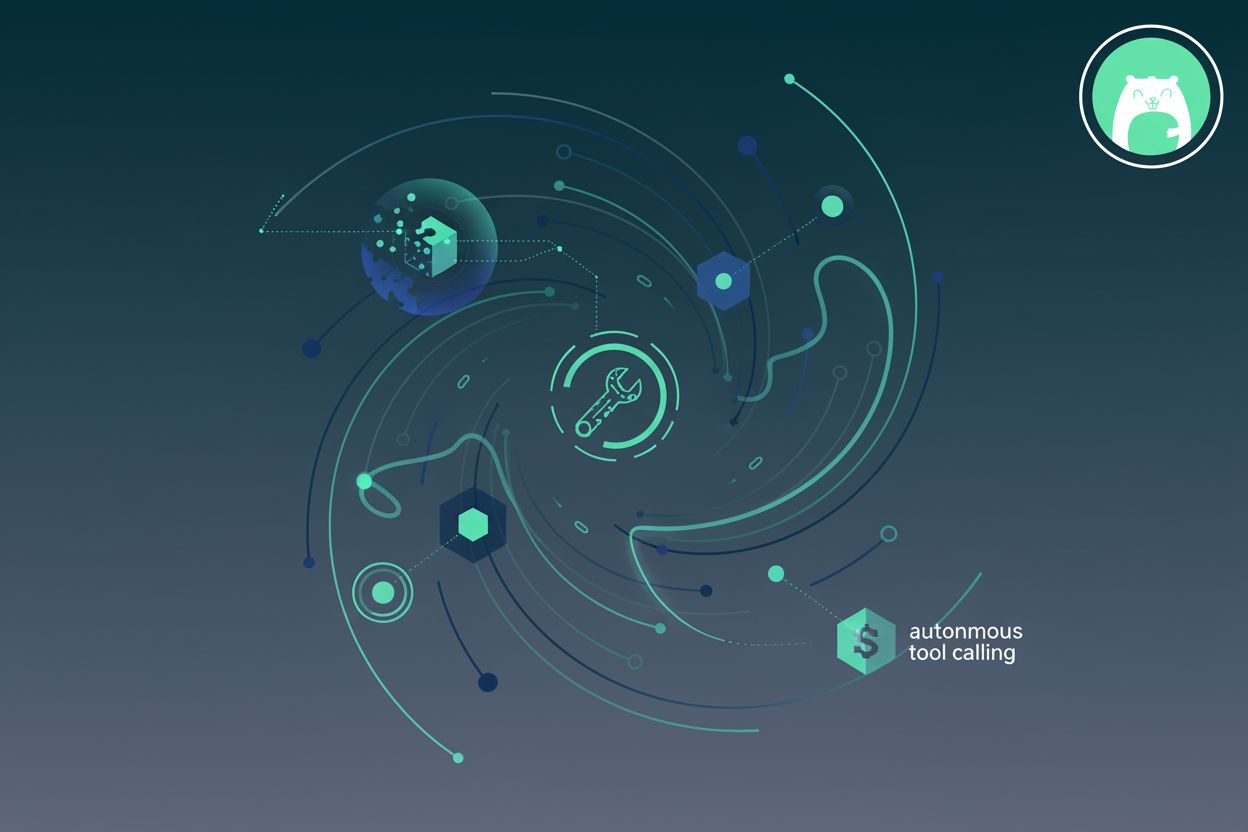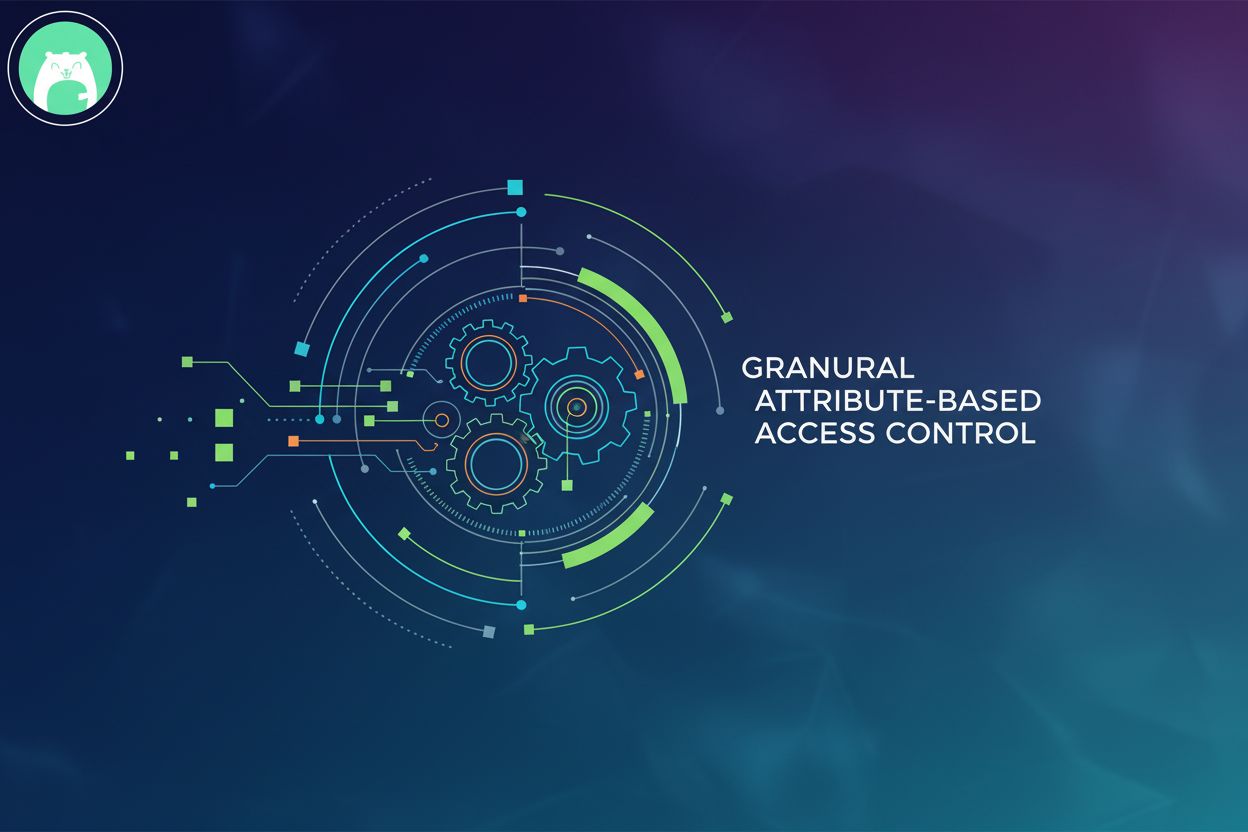Say Goodbye to VPNs: Embrace Zero Trust Network Access (ZTNA) Today

TL;DR
In an era where remote work has become the norm rather than the exception, traditional methods of securing network access are being put to the test. Legacy Virtual Private Networks (VPNs), once the cornerstone of remote connectivity, are increasingly showing their vulnerabilities. Modern companies are turning to Zero Trust Network Access (ZTNA) to meet the evolving security demands of today's digital landscape. This shift is not just a trend but a necessary evolution to protect against sophisticated cyber threats.
The Cracks in Legacy VPNs
Security Vulnerabilities Highlighted by Real-World Breaches
Case Study: The 2013 Target Data Breach
In one of the most notorious data breaches to date, retail giant Target faced a massive security incident during the 2013 holiday shopping season. Attackers gained access to Target's network by compromising the credentials of a third-party HVAC vendor, Fazio Mechanical Services, which had remote access via a VPN for billing and contract submissions.
Once inside, the attackers moved laterally across the network, eventually installing malware on point-of-sale (POS) systems. The breach resulted in the theft of credit and debit card information from approximately 40 million customers and personal information from up to 70 million more.
Impact Stats:
- Financial Losses: Target incurred costs exceeding $290 million due to the breach, including settlements, legal fees, and security upgrades.
- Reputational Damage: The company's stock price dropped by nearly 11% in the immediate aftermath.
- Legal Consequences: Target faced over 140 lawsuits and had to pay $18.5 million in a multistate settlement.
This incident underscored the vulnerabilities associated with legacy VPNs, particularly when third-party vendors are involved. The broad network access provided by VPNs allowed attackers to infiltrate deeply into Target's systems.
Case Study: The 2021 Colonial Pipeline Ransomware Attack
In May 2021, Colonial Pipeline, the largest fuel pipeline in the United States, fell victim to a ransomware attack that forced the company to shut down its operations for several days. The attackers, identified as the cybercriminal group DarkSide, exploited a legacy VPN account that lacked multi-factor authentication (MFA).
The compromised VPN account, which was no longer in active use but still valid, provided the attackers with a gateway into Colonial Pipeline's network. The incident led to fuel shortages across the East Coast, causing widespread panic and highlighting vulnerabilities in critical infrastructure.
Impact Stats:
- Ransom Paid: Colonial Pipeline paid a ransom of $4.4 million in Bitcoin to the attackers.
- Operational Disruption: The pipeline was shut down for five days, affecting 45% of the East Coast's fuel supply.
- Economic Impact: The shutdown led to fuel price increases and panic buying, with gas prices reaching their highest levels since 2014.
This attack demonstrated how unsecured VPN access can lead to catastrophic consequences, emphasizing the need for more secure access solutions like ZTNA.
Case Study: The Pulse Secure VPN Compromise
In 2020, Pulse Secure VPNs were targeted due to a known vulnerability (CVE-2019-11510). Attackers leveraged this weakness to infiltrate numerous organizations, including government agencies and healthcare providers. The breach allowed cybercriminals to deploy ransomware and exfiltrate sensitive data, disrupting operations and compromising confidential information.
Impact Stats:
- Affected Organizations: Over 900 global organizations were compromised.
- Data Exfiltration: Sensitive data, including intellectual property and personal information, was stolen.
- Operational Downtime: Companies faced significant downtime, impacting productivity and revenue.
Complexity and Scalability Issues
Legacy VPNs require substantial infrastructure and maintenance, which can be both costly and time-consuming. As companies expand and remote workforces grow, scaling VPN solutions often involves deploying additional hardware and managing complex configurations. This complexity can lead to misconfigurations, a common source of security breaches.
User Experience Challenges
VPNs can degrade network performance, leading to slow connection speeds and frequent drops. For employees needing consistent access to cloud-based applications or large files, this lag can hinder productivity and frustrate users.
Overprivileged Access Risks
VPNs typically grant users broad access to the network once authenticated. This all-or-nothing approach violates the principle of least privilege, increasing the risk of insider threats and lateral movement by malicious actors within the network.
Zero Trust Network Access: A Modern Solution
Understanding Zero Trust
Zero Trust is a security paradigm that operates on the belief that threats can exist both inside and outside the network. It requires strict verification for every person and device attempting to access resources on a private network, regardless of whether they are already inside the network perimeter.
How ZTNA Addresses VPN Shortcomings
ZTNA solutions provide secure, segmented access to applications based on user identity and context, rather than granting blanket network access. This approach minimizes potential attack vectors and reduces the risk of unauthorized lateral movement within the network.
Success Stories with ZTNA
Case Study: Google's BeyondCorp Implementation
Google pioneered the Zero Trust model with its BeyondCorp initiative after the 2009 Aurora attacks. By shifting access controls from the network perimeter to individual users and devices, Google eliminated the need for a traditional VPN. This transition enhanced security, improved user experience, and streamlined access management for its global workforce.
Impact Stats:
- Enhanced Security: Google reported a significant reduction in successful phishing attacks and unauthorized access attempts.
- User Productivity: Employee satisfaction improved due to seamless access to applications without VPN hassles.
- Operational Efficiency: IT overhead decreased with simplified access management and policy enforcement.
Case Study: A Financial Firm's Transition to ZTNA
A multinational financial services company faced challenges with VPN scalability and security. After adopting a ZTNA solution, the firm reported a 60% reduction in security incidents related to unauthorized access. The granular access controls allowed them to enforce strict compliance requirements and provided better visibility into user activities.
Impact Stats:
- Cost Savings: Reduced infrastructure costs by 35% due to eliminating VPN hardware.
- Improved Compliance: Achieved 100% compliance with industry regulations through enhanced monitoring and access controls.
- User Satisfaction: Reported a 25% increase in user satisfaction scores regarding network access.
The Advantages of ZTNA
Enhanced Security Posture
ZTNA reduces the attack surface by limiting access to only necessary applications. Continuous authentication and authorization ensure that even if credentials are compromised, attackers cannot move freely within the network.
Improved User Experience
By eliminating the need for VPN clients and leveraging cloud-based connectivity, ZTNA offers faster and more reliable access to applications. Users benefit from seamless integration with single sign-on (SSO) and multi-factor authentication (MFA), enhancing both security and convenience.
Scalability and Cost Efficiency
ZTNA solutions are typically cloud-native, allowing organizations to scale access up or down without significant investments in infrastructure. This flexibility is crucial for businesses adapting to changing workforce dynamics, such as the sudden shift to remote work witnessed during global events.
Granular Access Control and Visibility
ZTNA provides detailed insights into user activities, enabling better monitoring and quicker response to potential threats. The ability to set precise access policies reduces the risk of unauthorized data exposure and helps maintain regulatory compliance.
Conclusion
The limitations of legacy VPNs are increasingly apparent in the face of modern cybersecurity threats. High-profile breaches exploiting VPN vulnerabilities, such as those experienced by Target and Colonial Pipeline, underscore the urgent need for more robust security measures. Zero Trust Network Access emerges as a compelling alternative, offering enhanced security, better user experience, and greater operational efficiency.
By embracing ZTNA, companies can:
- Mitigate Security Risks: Protect against both external and internal threats with continuous verification and micro-segmentation.
- Enhance Productivity: Provide users with fast, reliable access to necessary applications without the hassles associated with VPNs.
- Streamline Operations: Reduce the burden on IT teams with simplified access management and scalable solutions.
- Maintain Compliance: Enforce strict access policies and gain detailed visibility to meet regulatory requirements.
In a world where cyber threats are ever-evolving, adopting Zero Trust principles is not just a strategic advantage but a fundamental necessity. It's time for modern companies to retire legacy VPNs and step into a more secure future with ZTNA.





